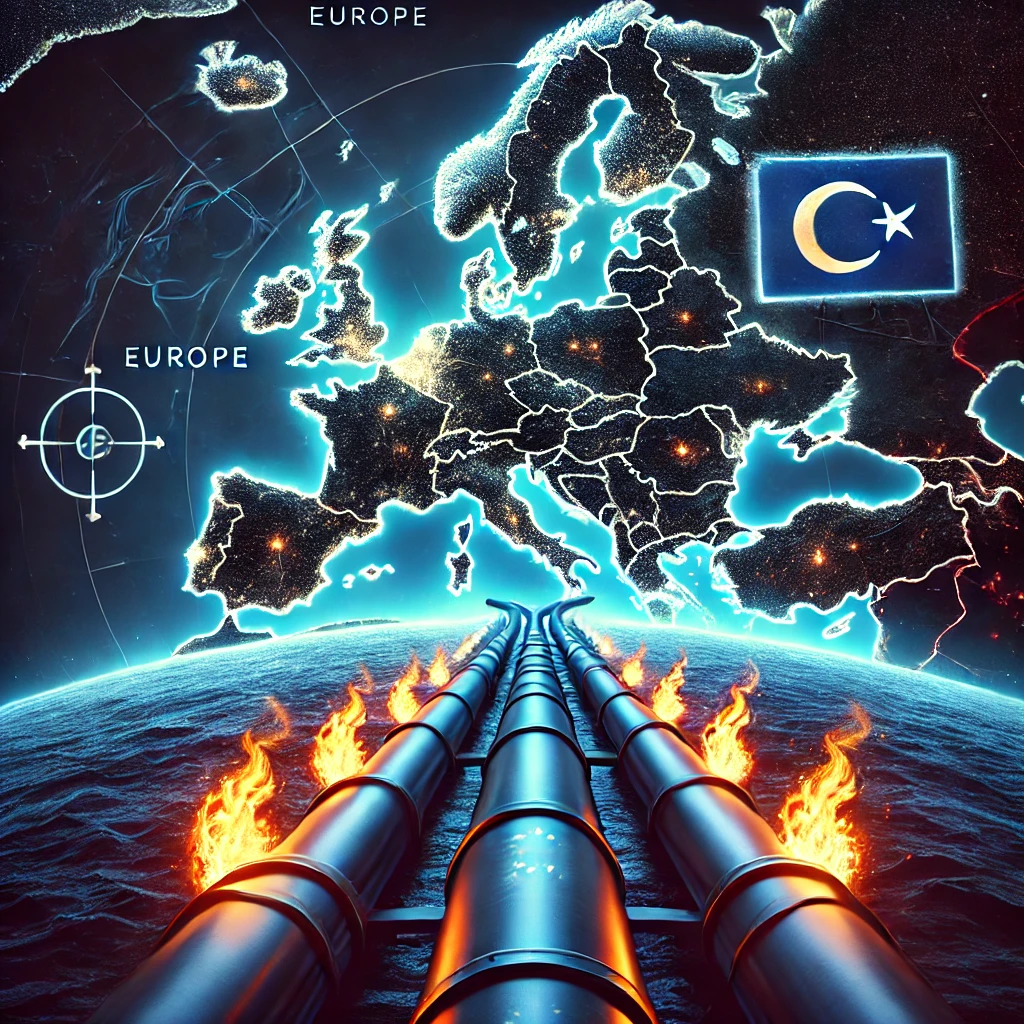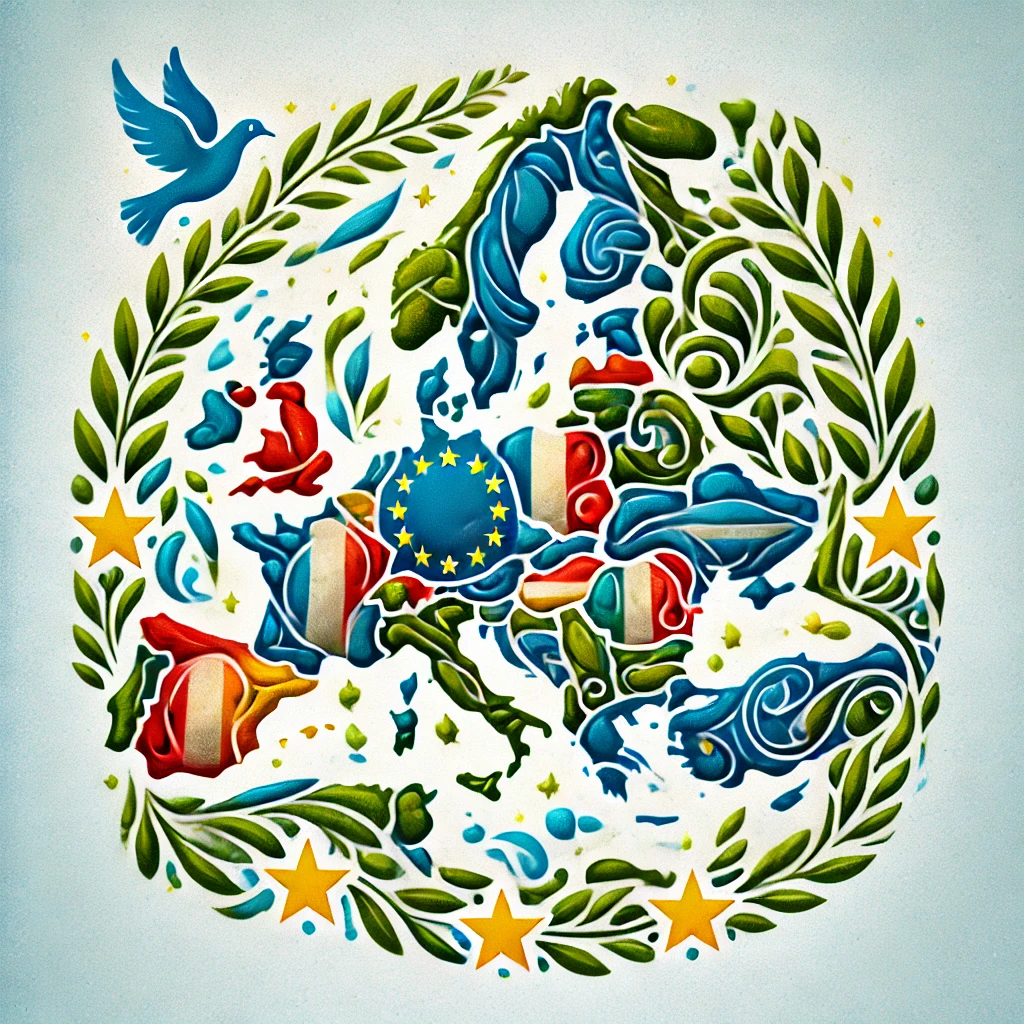Hungary’s Foreign Minister, Péter Szijjártó, has reaffirmed the importance of the TurkStream pipeline in safeguarding Europe’s gas supply, should Russian gas transit via Ukraine cease at the end of 2024. As the December expiration of the five-year gas transit deal between Kyiv and Moscow approaches, many fear the impacts on European gas supplies, given the low likelihood of an extension. However, Hungary remains confident in TurkStream’s capacity to mitigate any shortages.
The TurkStream pipeline, which delivers Russian gas to Turkey across the Black Sea, provides Hungary with a secure energy supply, bypassing Ukraine. This is in stark contrast to other European Union (EU) nations, which are more vulnerable to disruptions in the Ukrainian transit route. Szijjártó emphasised this during his address at the St Petersburg International Gas Forum, highlighting that the pipeline not only protects Hungary’s energy needs but also offers a potential lifeline to other Central European countries if they face a gas crisis.
Ukraine and Russia: A Fragile Gas Transit Deal
The existing deal between Kyiv and Moscow concerning gas transit to Europe is due to expire on 31 December 2024. With the ongoing military conflict between the two nations, an extension of this agreement appears increasingly unlikely. Ukraine has made it clear that it will not seek to renew the agreement, putting the onus on Europe and Russia to determine their next steps. The loss of this route could be significant; in 2023, Russia shipped 15 billion cubic metres (bcm) of gas through Ukraine, which represented only 8% of pre-conflict levels in 2018–2019.
However, Szijjártó assured that Hungary is well-prepared for this eventuality. The country, which has maintained close political and business relations with Russia, has made significant investments in alternative gas routes, particularly through TurkStream. By securing supplies through this southern corridor, Hungary hopes to avoid the energy insecurity facing other European nations heavily reliant on the Ukrainian transit route.
Hungary’s Continued Partnership with Gazprom
Hungary’s alignment with Russia’s energy strategy was further underlined on Thursday when Gazprom and Hungary signed a memorandum of understanding regarding a potential increase in Russian gas supplies. While details of the agreement have yet to be disclosed, it signals a continued deepening of ties between the two countries in the energy sector. During the same meeting, Szijjártó expressed Hungary’s satisfaction with its existing collaboration with Gazprom, which currently supplies Hungary with 6.7 billion cubic metres of gas annually.
This year, the TurkStream pipeline is expected to operate at full capacity, ensuring that Hungary receives its full gas allocation, despite the geopolitical challenges facing the region. Szijjártó remarked that Hungary has no “attractive alternatives” to Russian gas at present, stressing that TurkStream’s reliability is essential for the country’s energy security.
Broader European Impact and Central Europe’s Reliance on Russian Gas
While Hungary appears well-positioned to withstand any disruptions in gas flows via Ukraine, other Central European nations are not as fortunate. Countries such as Slovakia, Serbia, and Bulgaria have significant dependencies on Russian gas, raising concerns about potential shortages this winter. Szijjártó noted that the TurkStream pipeline could serve as a viable alternative for these nations, provided they can access it.
The broader EU has been attempting to diversify its energy sources and reduce dependence on Russian gas since the onset of the Ukraine-Russia conflict. Despite these efforts, Russian gas remains a critical component of Europe’s energy mix, especially in regions with fewer energy alternatives.
TurkStream as a Lifeline for Central Europe
As the energy crisis in Europe deepens, the role of TurkStream as a secure and alternative route for Russian gas cannot be overstated. Hungary’s preparedness and political choices position it favourably, even as tensions between Ukraine and Russia escalate. By securing consistent gas supplies through TurkStream, Hungary is ensuring both its own energy stability and that of its neighbours.
The looming expiration of the Kyiv-Moscow gas deal brings uncertainties, but Hungary’s strong ties with Gazprom and reliance on TurkStream provide a reassuring alternative. If Central Europe can navigate its energy needs through this southern route, it may avert a potentially disastrous winter gas shortage.






